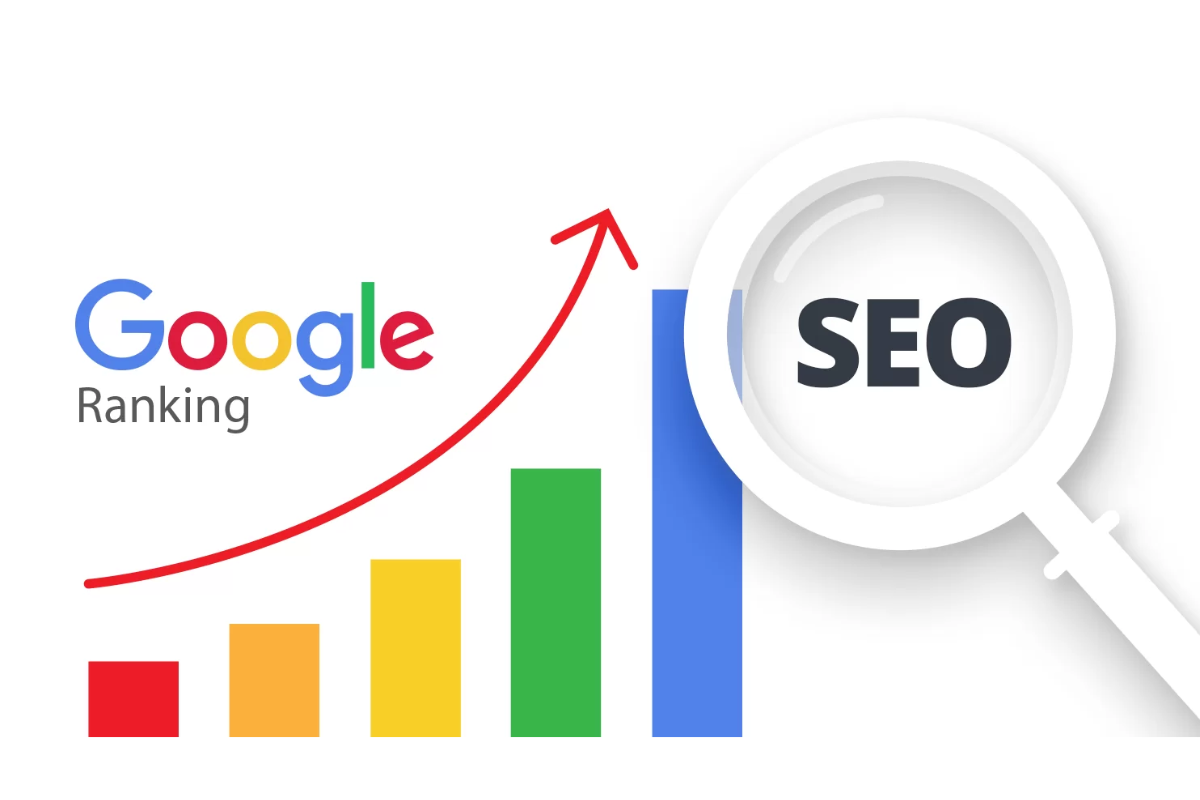Appearing on the first page of Google is the dream of every website owner, but achieving that spot requires more than luck. With billions of daily searches and constantly evolving algorithms, rank on Google in 2025 means understanding the latest SEO (Search Engine Optimization) strategies and implementing them consistently.
Here’s a comprehensive guide to what works right now.
Understand Google’s Ranking Factors
Google uses hundreds of ranking signals to decide which websites appear first. While not all factors are publicly revealed, the most important ones include:
- Content quality and relevance – Does your page answer the user’s query?
- Backlinks – Do other trusted websites link to your page?
- User experience (UX) – Is your site easy to navigate and fast to load?
- Mobile-friendliness – Does it work well on smartphones and tablets?
- Engagement metrics – Do users spend time on your site or bounce back quickly?
Create High-Quality, Useful Content
Content is still king in 2025. To rank on Google, your articles and web pages should:
- Answer specific questions people are searching for.
- Be written in simple, clear language with proper grammar.
- Include long-form content (900–1,500 words) when needed, as it performs better for in-depth topics.
- Use headings (H1, H2, H3) to make information scannable.
- Include images, videos, or infographics to keep readers engaged.
Pro Tip: Use Google Trends or People Also Ask sections to find what your audience is actively searching.
Master On-Page SEO
Optimizing your content for search engines is crucial. Key steps include:
- Keyword placement – Use your main keyword in the title, first 100 words, headings, and meta description.
- Meta tags – Write clear and compelling meta descriptions (150–160 characters).
- URL structure – Keep URLs short and keyword-rich.
- Internal linking – Link to other relevant pages on your website to improve navigation.
- Image optimization – Use descriptive file names and alt text for images.
Focus on Technical SEO
Google rewards websites that are technically sound. Pay attention to:
- Website speed – A fast site improves user experience and rankings.
- Mobile optimization – Mobile-first indexing means your site must perform well on smartphones.
- Secure connection (HTTPS) – Security is a trust signal.
- Crawlability – Ensure search engines can access all important pages (use sitemaps and fix broken links).
Build Quality Backlinks
Backlinks act like “votes of confidence” from other sites. The more trusted websites that link to you, the higher your chances of ranking.
- Reach out for guest posts on reputable websites.
- Create shareable content like research, infographics, or case studies.
- Avoid spammy link-building tactics, as Google penalizes low-quality links.
Optimize for Voice and AI Search
With the rise of smart assistants and AI, people search differently today. To prepare for this shift:
- Target conversational keywords (e.g., “How do I rank on Google?”).
- Include FAQ sections on your pages.
- Structure content with featured snippets in mind—clear answers in short paragraphs.
Improve User Experience (UX)
Google now prioritizes sites that keep visitors engaged. To improve UX:
- Use clean, mobile-friendly design.
- Ensure fast loading times (under 3 seconds).
- Break content into short paragraphs and bullet points.
- Add clear call-to-action (CTA) buttons for easy navigation.
Track Performance and Adapt
SEO is not a one-time effort. Monitor results and refine your strategy regularly. Tools you can use:
- Google Analytics – To track traffic and engagement.
- Google Search Console – To check indexing issues and keyword performance.
- SEO tools like Ahrefs, SEMrush, or Ubersuggest – For competitor analysis and keyword research.
Rank on Google in 2025 is not about tricks, it is about relevance, authority, and user trust. If you consistently publish high-quality content, optimize for both search engines and readers, and stay updated with new SEO trends, your website can climb to the top of search results. In simple words: Help users, and Google will help you.
